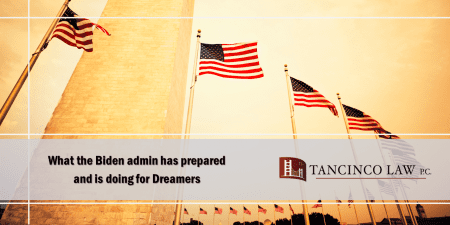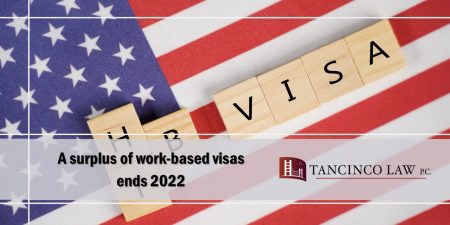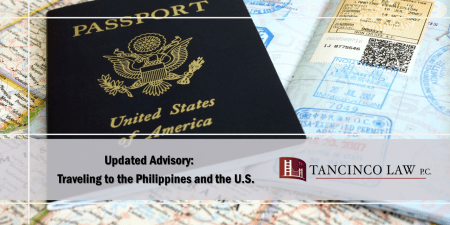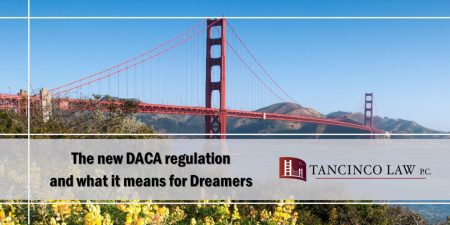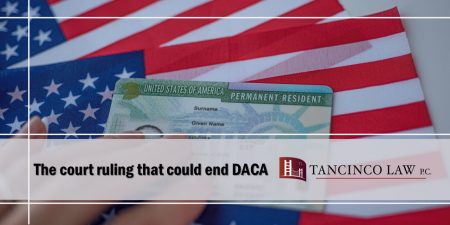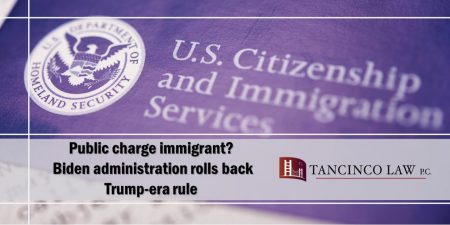With the Deferred Action for Childhood Arrivals (DACA) program still in limbo, the Biden administration has been on the move to prepare for the worst.
By worst, it means the halting of DACA.
So far it has been declared illegal by at least two courts, but it will be reevaluated by a Texas judge to take into account the Biden administration’s new rules codifying the program.
Now what will happen if it still gets struck down all the way to the Supreme Court? Here’s the Biden government’s plan.
A big order is that if DACA recipients are to be deported, they will be deprioritized, especially if they are not deemed as threats to public safety and national security.
The problem with this order is that if Biden is replaced, he a new president can just simply undo this policy and reprioritize deporting DACA recipients who no longer have protection from deportation.
More upfront, the Biden administration has been urging lawmakers to pass a law that will provide DACA recipients a path to citizenship. As these recipients are called Dreamers, Congress has been called to pass a DREAM Act.
The problem with passing laws, however, is that it needs a broad enough support for it to materialize – which it currently does not have.
This has forced lawmakers to be creative with their proposals for Dreamers.
For example, Representative Ruben Gallego from Arizona has introduced a bill that would allow for Dreamers to gain citizenship through military service. This is widely seen to not pass.
With Dreamers continuously in limbo, the power still rests in the courts whether DACA will continue. This is unless the Biden administration takes more active measures to protect Dreamers.
Unsure about how this affects you or a Dreamer you know? Consult your trusted immigration lawyer.

